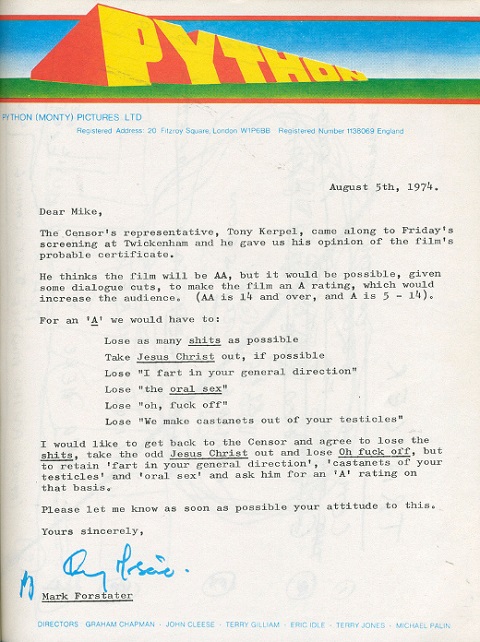In 1977, after a few underwhelming months as the first new guy in Saturday Night Live’s then-brief history, a 26-year-old Bill Murray reached out to home viewers with the emotional equivalent of a Kickstarter campaign. The audience expected the Not Ready for Prime Time Players to be funny, and in everyday life, Murray claims above, he was. It just wasn’t coming together in front of the cameras yet.
It didn’t help that he was replacing audience favorite, Chevy Chase.
He was also an unknown quantity in the eyes of the writers. Rather than entrust their precious material to a guy who’d yet to prove himself, they saved their plum assignments for the likes of John Belushi and Dan Aykroyd.
Murray was relegated to the sort of pallid supporting roles that require no particular talent—“the second cop, the second FBI agent, the guy holding the mop…” is how he described them to Howard Stern in an interview last week. It’s a story that’s also recounted in the book, Live From New York: The Complete, Uncensored History of Saturday Night Live as Told by Its Stars, Writers, and Guests.
Back in ’77, he wisely chose not to blame the material.
Instead he curried favor with references to his late father, his hard working mom, and his nine siblings, one of whom was a nun. (Another had polio, but he left that out. Apparently, some things are sacred.)
Later in his career, he’d become celebrated for his smirking insincerity, but his direct appeal, as producer Lorne Michaels dubbed it, had none of that.
He wasn’t looking for viewers to write in on his behalf, just an assurance that they’d root for him (and his large, fatherless Catholic family) during his tenure at Rockefeller Plaza (“New York City, New York 10020”).
It’s doubtful whether a similar gambit would’ve paid off for Garrett Morris or Laraine Newman. Comedy, like life, is not fair.
Now that he’s rich and famous, he advises people who dream of similar glories to check if the first part alone won’t be sufficient to cover the bulk of their fantasies.
But we, the public, need Bill Murray to be famous, too, in order to crash our parties, and help us understand Shakespeare, and read poetry to construction workers.
Turns out he’s not the only one to reap long term medicinal benefits from those two “tablespoons of humility” he swallowed live on air, all those years ago.
Related Content:
Bill Murray Sings the Poetry of Bob Dylan: Shelter From the Storm
Bill Murray Gives a Delightful Dramatic Reading of Twain’s Huckleberry Finn (1996)
Watch Bill Murray Perform a Satirical Anti-Technology Rant (1982)
Ayun Halliday is the creator of The Mermaid’s Legs, a trauma-filled Hans Christian Andersen reboot debuting in the shadow of Rockefeller Center in less than two weeks. See it! And follow her @AyunHalliday


